Information, Communication & Emerging Technologies
Advanced Diploma in Information, Communications and Emerging Technologies
Empowering Tomorrow’s Innovators with Cutting-Edge Technologies
Apply Now
NQF Level:
7
Credits:
120
Minimum Duration:
1 year
Faculty:
Information, Communication & Future Technologies
Department:
Information & Communication Technology (ICT)
Accreditation Authority:
Council on Higher Education
Master the Art of Logistics and Supply Chain Management
The Advanced Diploma in Information, Communication, and Emerging Technologies equips you with the expertise to thrive in a tech-driven world. This comprehensive programme provides foundational knowledge and specialized skills in ICT practices, emerging technologies, and digital transformation. With hands-on experience through Work Integrated Learning (WIL), you’ll graduate ready to lead in high-demand roles such as AI Engineer, Cybersecurity Specialist, or Cloud Solutions Architect.
Why Choose This Qualification?
Gain expertise in advanced ICT practices, digital transformation, and emerging technologies like AI and IoT. Apply your knowledge in real-world settings through comprehensive WIL modules and capstone projects. Seamlessly articulate into postgraduate qualifications or specialize in fields like cybersecurity or digital project management. Balance education with work or life commitments through flexible learning modes.
Admission Requirements.
Possess an NQF Level 6 Advanced Certificate or Diploma or an equivalent qualification. Candidates with relevant work experience may qualify for admission through Recognition of Prior Learning (RPL).
Qualification Structure.
The qualification consists of eight core modules (four per semester) and one elective, covering ICT practices, cybersecurity, emerging technologies, and digital transformation.
Learning Outcomes.
Demonstrate a comprehensive understanding of advanced ICT and their applications in various sectors. Apply critical thinking and problem-solving skills to develop innovative solutions using emerging technologies. Exhibit proficiency in managing and securing information systems, including advanced cybersecurity strategies. Lead and manage technology-driven projects effectively. Design and implement digital transformation strategies that enhance organisational efficiency. Engage in lifelong learning to stay current with technological advancements.
International Comparability.
Aligned with global programs such as: University of Canterbury (New Zealand): Emphasis on emerging technologies and digital transformation. Stanford University (USA): Focus on AI, cybersecurity, and innovation leadership.
Qualification Modes of Delivery and Support.
Contact Learning, Blended Learning, Distance Learning—all supported by career guidance, digital resources, and virtual or physical labs.
Career Opportunities.
AI Engineer, Cybersecurity Specialist, Cloud Solutions Architect, Digital Project Manager, Technology Consultant, Data Analyst, IT Governance Specialist.
Articulation Options.
Horizontal Articulation: Advanced Diploma in Software Development (NQF Level 7), Advanced Diploma in Data Science (NQF Level 7). Vertical Articulation: Postgraduate Diploma in Information Technology (NQF Level 8), Postgraduate Diploma in Cybersecurity (NQF Level 8). Diagonal Articulation: Postgraduate Diploma in Business Information Systems (NQF Level 8), Postgraduate Diploma in IT Governance and Risk Management (NQF Level 8).
Ensure Compliance, Empower Financial Accuracy.
Council on Higher Education




